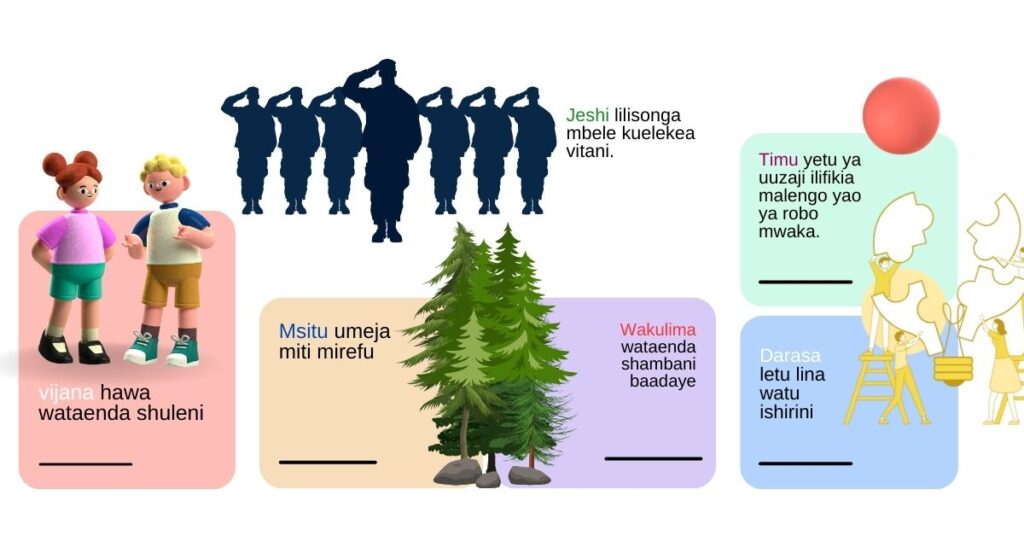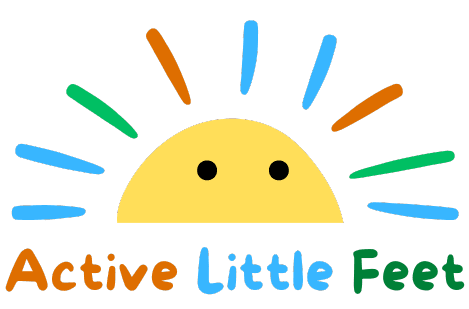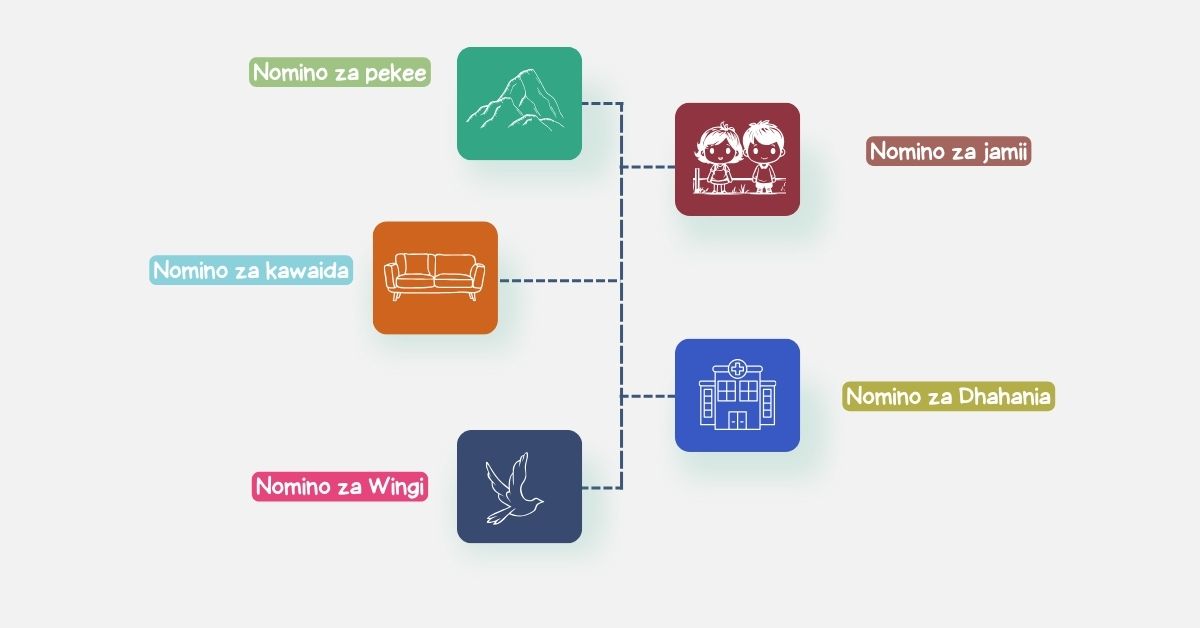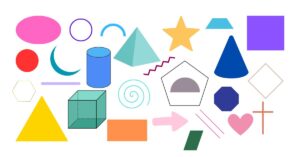There are 7 types of nouns [aina za nomino] in Kiswahili. Nouns, or Nomino, as they are referred to in Kiswahili, are the words we use to refer to people, animals, places, concepts, ideas, or things. Examples include mtoto (child), Mungu (God), nguo (clothes), umeme (electricity, gari (car), and furaha (happiness).
They form a fundamental part of speech, acting as either the subject or object of the sentence. Knowing and understanding the different types of nouns gives you the ability to express yourself more precisely and guarantees your message is well understood.
Let’s take a deeper look at this nouns (nomino), their basic functions and the different types of nouns [aina za nomino] used in Kiswahili.
Aina za Nomino (Main Types of Nouns)
Before delving into the different types of nouns, it’s important to understand their basic functions. Knowing what function the noun is performing can help you identify what type of noun it is. In a sentence, nouns are either subjects or objects identifying the who or what is involved in an action. Sometimes they also identify the where, when or why.
Here is an example: Jane studied for the exam [Jane alisomea mtihani]
Who studied for the exam? Jane (our subject, the person or thing performing the action)
What did she study for? The exam [mtihani] (our object, the person or thing receiving the action)
Can you Identify the subject and objects of these sentences?
- Paka amelalia mkeka (The cat sleeps on the rug)
- Sarah aliutupa mpira (Sarah threw the ball)
- Anasoma kitabu (He is reading the book)
Now let’s look at the different types of nouns.

1. Nomino za Kipekee [Proper Nouns]
These are words that refer to specific things, such as the names of people, places, or things. Nomino za pekee examples include Mungu (God), Kenya (country), Novemba (November), Ijumaa (Friday) or Simba (lion, when referring to a specific lion).
How to identify: The easiest way to identify proper nouns is they are typically capitalized.
Exercise:
Taja nomino tatu za pekee kwenye makundi haya
- Mlima
- Inchi
- Siku za wiki
For more exercises on nomino za pekee, download our free resource below.

Download Nomino za Pekee Zoezi. Use the coupon code 5UDT2VNE to get a 90% discount.
2. Nomino za Kawaida [Common Nouns]
These are the general words used to refer to unidentified people, places, or things such as book [kitabu], city [mji], teacher [mwalimu], and joy [furaha].
How to identify: These nouns are not capitalized unless they are used at the beginning of a sentence.
Exercise: Taja nomino za kawaida kwenye sentensi zifuatazo.
- Nitakunywa chai moto na buskuti mbili. (I will drink hot tea with two biscuits.)
- Mtoto anacheza na mpira wa rangi nyingi kwenye bustani. (The child plays with a colorful ball in the garden.)
- Samaki wanapatikana baharini na kwenye mto mrefu. (Fish are found in the sea and the long river.)
- Tunahitaji kitabu kipya cha Kiswahili na kalamu nzuri yenye maua mekundu. (We need a new Swahili book and a good pen for class.)
- Jumapili tunakwenda soko kununua matunda na mboga safi. (On Sundays we go to the market to buy fresh fruits and vegetables.)
Pssss! Don’t forget to grab your 90% discount on the Nomino za Kawaida Zoezi printable. Use the coupon DHQ44HWD to get a discount!

3. Nomino za Jamii/Makundi (Collective Nouns)
These words refer to groups of things, people or animals, that often appear in groups of two or more and not their plurals, such as a team [kikosi] or a crowd [umati wa watu].
How to identify: These words are often formed using prefixes such as “ki-” or “u-“
Exercise: Taja nomino za makundi katika sentensi hizi
- Vijana hao wanacheza mpira uwanjani.
- Watoto wote walikusanyika shuleni kwa ajili ya hafla.
- Serikali imetangaza mipango mipya ya maendeleo.
- Familia yangu inapenda kusafiri mara kwa mara.
- Wakulima wanalima mashamba yao kwa bidii.
- Msitu umeja miti mirefu na ndege wengi.
- Umati wa watu uliandamana jana asubuhi.
4. Nomino za Vitenzi-Jina (Verb-Nouns)
These are nouns that describe an action or state. Examples include:
- Uvivu (laziness – from the action verb “vivu” – to be lazy),
- Kulima (farming – from the action verb “lima” – to farm)
- Kucheza (playing – from the action verb “cheza” – to play)
These action verbs can also form nouns indicating the person carrying out the action. For instance:
- Uvivu can make mvivu, (a lazy person)
- Kulima – mkulima (a farmer)
- Kucheza – mchezaji (a player)
How to identify: These nouns are often formed using prefixes like “u-” “ku-” or “m-“
Exercise: Taja nomino za vitenzi-jina katika sentensi zifuatazi
- Uchezaji wa mpira ni burudani nzuri kwa vijana.
- Kupika chakula cha jioni ni jukumu lake kila siku.
- Kusoma vitabu kunawasaidia wanafunzi kupata maarifa.
- Huyu ni mchezaji wa timu yetu.
- Ujenzivwa shule mpya umeanza mwezi huu.

5. Nomino za Dhahania (Abstract Nouns)
These are nouns that describe intangible concepts, ideas, or qualities. They include anything that cannot be perceived with your five senses, such as character traits, social concepts or political theories.
Examples include: upendo (love), heshima (respect), hasira (anger), demokrasio (democracy)
How to identify: They refer to any words that cannot be perceived by the senses.
Exercise: Taja nomino za dhahania kwenye makundi haya
- Ukarimu, mbwa, maua, Tanzania, uhuru,
- Ardhi, hewa, jukumu, maarifa, bahari, hekima
- Mtoto, mrembo, mwandidhi, huzuni, nyekundu
- Ushindi, ulinzi, nyoka, simba, hekima, uaminifu
- Ndoto, mwandishi, mchoraji, akili, muziki, utafiti
6. Nomino Ambata (Compound Nouns)
These are formed when you combine two or more words, such as
- Mwana + hewa = mwanahewa
- Embe + dodo = embedodo
- Kionja + mchuzi = kionjamchuzi
- Mwana + soka = mwanasoka
How to identify: They can appear as single words, multiple words used separately or hyphenated.
Exercise: Taja nomino ambata kwenye makundi haya
- Kicha cha funguo, kiatu, kuingia, kinasasauti
- Maji, kusoma, mwanasiasa, kiamshakinywa
- Alhamisi, mbwamwitu, mwalimu mkuu,matunda,
- Batamzinga, matunda, mlindalango
- Jumba la makumbusho, samaki, mboga, maziwa
7. Nomino za Wingi (Uncountable Nouns)
These nouns refer to anything that doesn’t have a singular form and are uncountable such as chumvi (salt), udongo (mud), ushauri (advice), pesa (money), nywele (hair), maziwa (milk), maji (water)
How to identify: these words don’t have a singular form.
Mastering Aina za Nomino
Understanding noun types is a foundational skill for mastering Kiswahili. By being able to identify and use different noun categories correctly, you’ll be well on your way to expressing yourself with clarity and confidence. This knowledge will enhance your writing and conversations. If you want a simple way to learn how to read and write Kiswahili, check out this Kiswahili Beginners Course.




